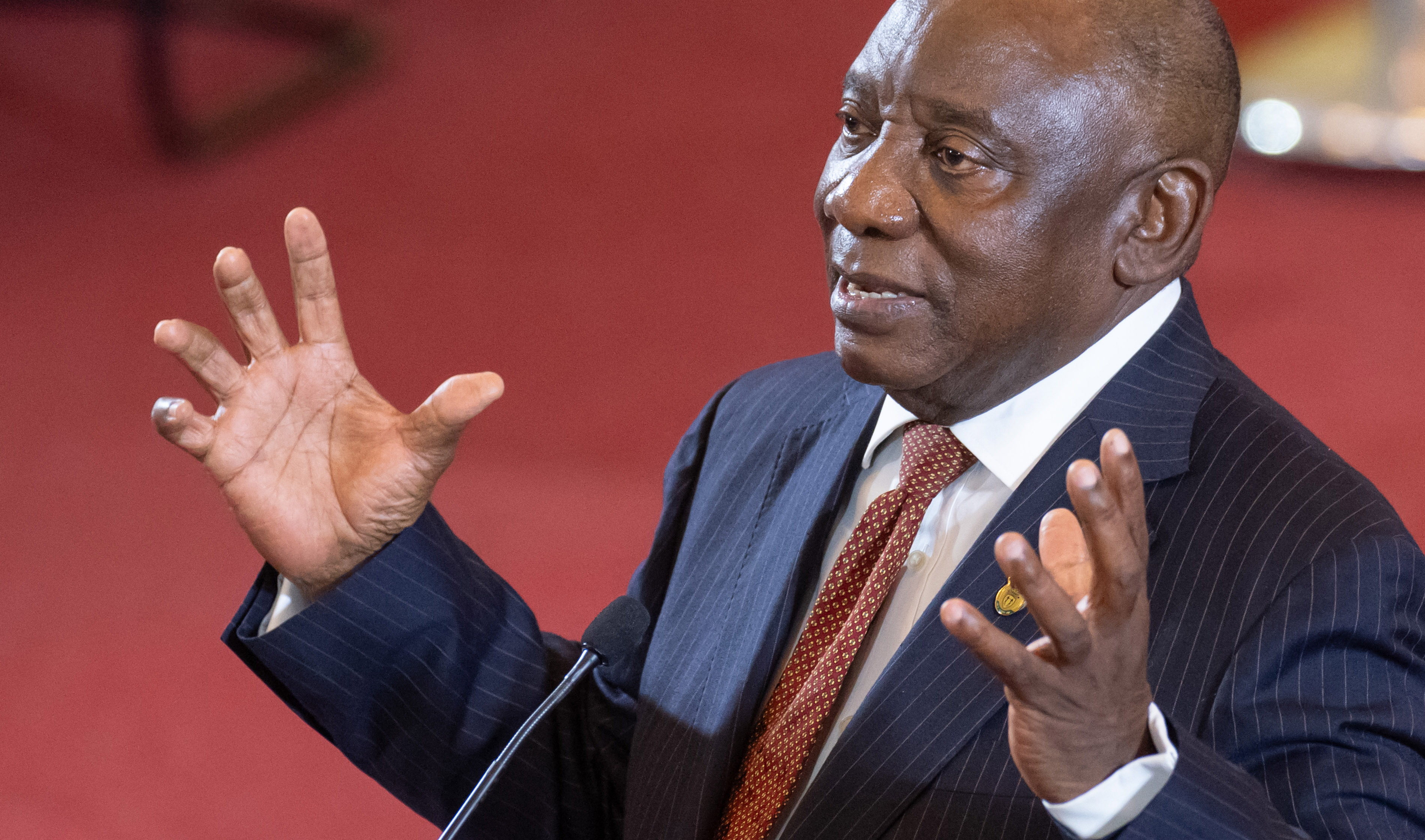On Monday, President Cyril Ramaphosa will deliver his response to the debate on his Opening of Parliament Address (OPA), which he delivered last Thursday evening, marking the start of the parliamentary term under the seventh administration.
The debate was robust as all political parties in the National Assembly had the opportunity to respond to Ramaphosa’s speech, which focused on growth and job creation, reducing poverty and the cost of living, and building a capable, ethical and developmental state.
Perhaps one matter that will arise in the President’s response is the signing of the Basic Education Laws Amendment Bill.
Speaking at a joint sitting of the National Assembly and the National Council of Provinces on Friday to debate the President’s OPA, Gauteng Premier Panyaza Lesufi encouraged the President to sign the Bill.
“Comrade President, I want to close on this score, and my apologies to those that are partners in the Government of National Unity. Comrade President, there is something that is called the Basic Education Amendment laws. I’m asking you, President, politely and respectfully, sign that law.
“There must be no institution here, President, when the sixth administration and this particular House has passed this particular law. And the law is very simple,” he said.
Basic Education Minister Siviwe Gwarube, however, isn’t convinced this would be the right direction to take.
Gwarube plans to advise Ramaphosa to send the Bill back to Parliament, but she has yet to make any official recommendation to the President.
Gwarube’s party, the Democratic Alliance (DA), has stood firm in its opposition to the Bill as it believes it poses significant threats to the autonomy of schools and communities across South Africa.
The party believes the Bill centralises power in the hands of unelected bureaucrats, undermining the crucial role of parents, educators and local governing bodies in shaping the educational future of their communities.
This leaves Ramaphosa in a position where he will have to find an intricate balance between pleasing his party, which endorsed the Bill, and his new partners in the GNU.
Tough criticism
During the debate on Ramaphosa’s speech, the leader of the opposition in the National Assembly, the uMkhonto Wesizwe (MK) party’s John Hlophe, called for an amendment of the Constitution to allow for land expropriation without compensation.
“We are not apologetic about our stand. We remain firm. Section 25 of the Constitution must be amended to make provision for the expropriation of land without compensation. That is the only way we can redress imbalances of the past and ensure every South African has access to land.”
Read more: United front from governing GNU in the face of Progressive Caucus criticisms
ActionSA’s Athol Trollip accused Ramaphosa of taking inspiration from his speech from their policies, particularly the emphasis on inclusive economic growth and empowerment.
But he said the President made key omissions in his speech, including announcing interventions to improve the framework for combating money laundering and the financing of terrorism.
This comes after South Africa was last year greylisted by the global financial crime watchdog, the Financial Action Task Force.
Read more: ‘Lies, lies, lies’ vs ‘his best speech’ — Ramaphosa’s Opening of Parliament Address draws mixed reactions
Ramaphosa will also have to respond to criticism from EFF leader Julius Malema, who felt that the President’s speech inspired little hope. He criticised the GNU, saying that while it was the brainchild of the ANC, the DA holds veto power among partners who are part of the pact.
In his speech, Ramaphosa fiercely defended the GNU and called for citizens to continue to support the multiparty government.
He described a scenario for South Africa of a “cooperation nation”, inspired by the highly social weaver birds, saying that it was the direction the country should be taking.
“By establishing the Government of National Unity, by preparing for a National Dialogue, we have deliberately set ourselves along the path towards a ‘cooperation nation’. We would like all of us as South Africans to behave like ‘weaver birds’.
“Weavers are among the most gregarious birds in that they build complex structures together and cooperate. Despite all the challenges, despite our differences, despite all the headwinds, as South Africans we are called upon to remain firmly committed to pursue the path of cooperation, growth and inclusion,” he said.
Following Ramaphosa’s response to the debate on his address, the Presidency will present its budget vote in the National Assembly on Tuesday. DM





